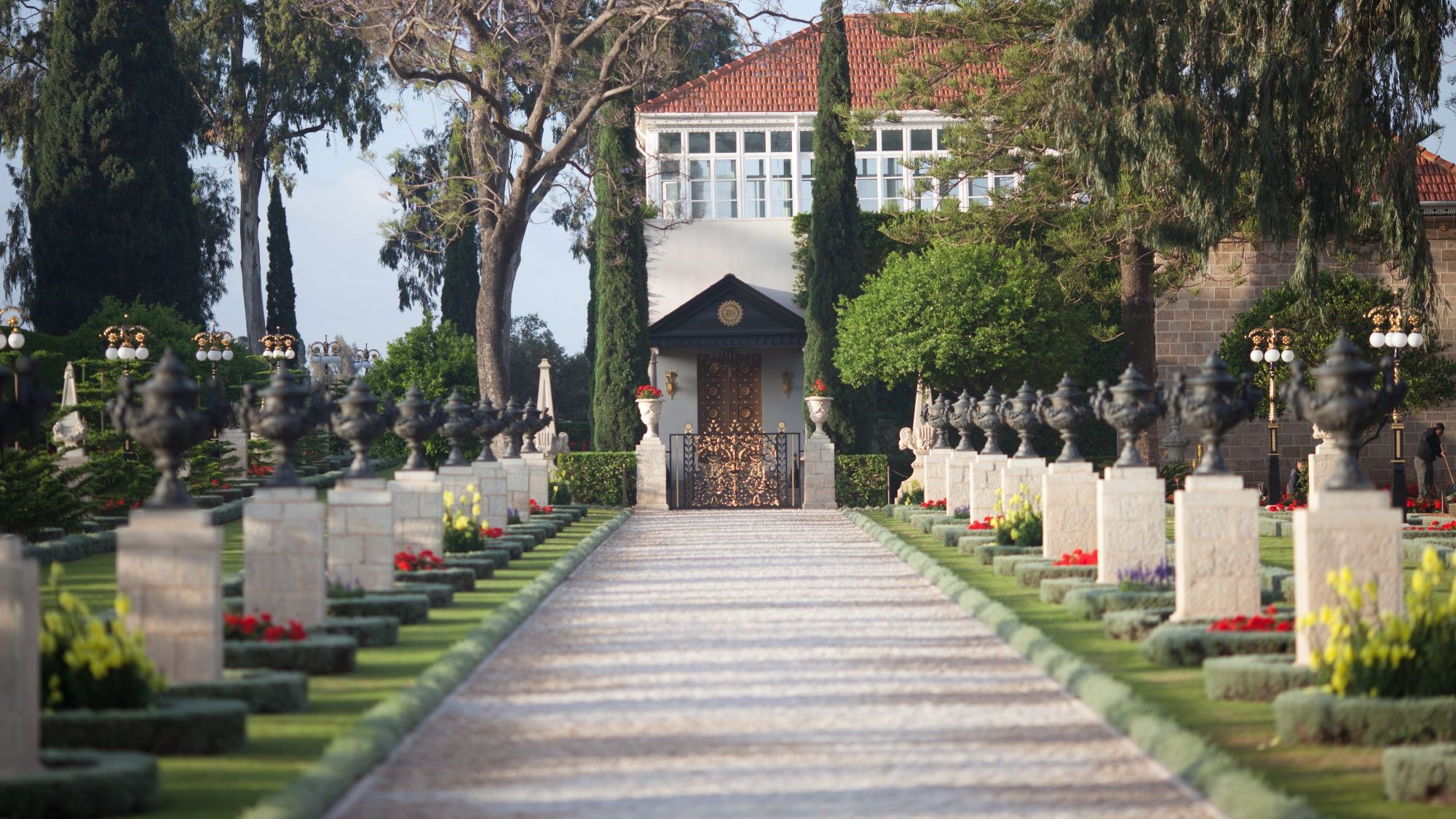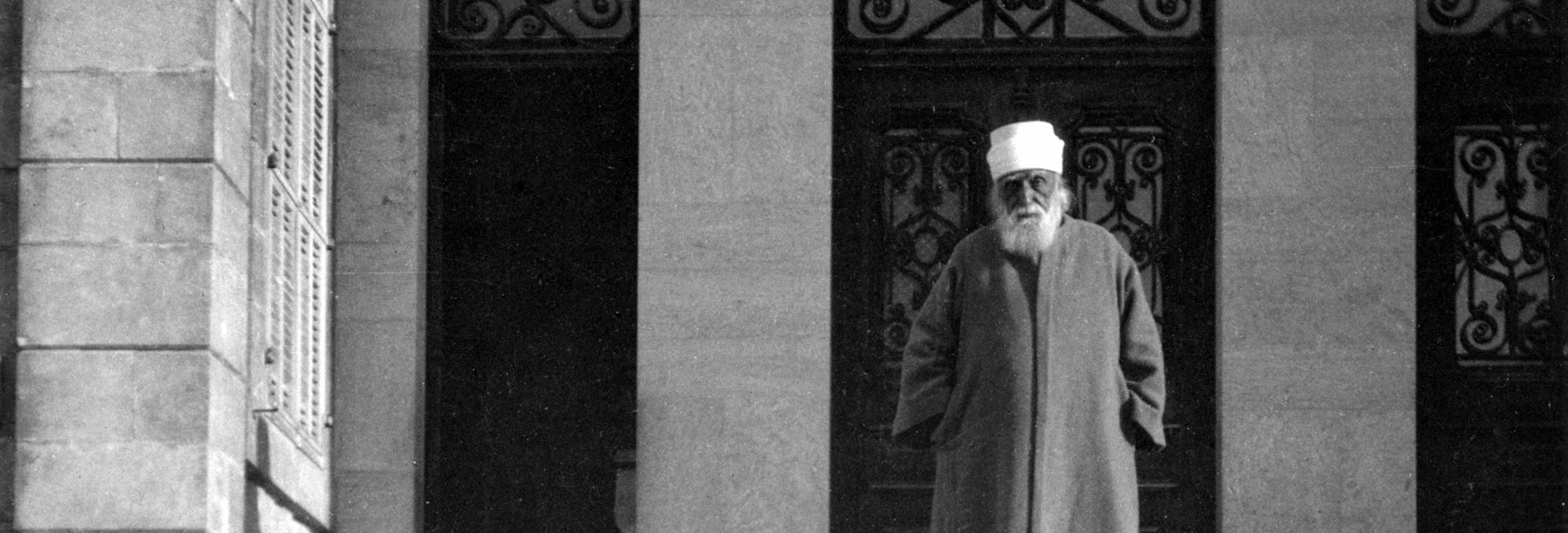Let there be no mistake. The principle of the Oneness of Mankind—the pivot round which all the teachings of Bahá’u’lláh revolve—is no mere outburst of ignorant emotionalism or an expression of vague and pious hope. Its appeal is not to be merely identified with a reawakening of the spirit of brotherhood and good-will among men, nor does it aim solely at the fostering of harmonious cooperation among individual peoples and nations. Its implications are deeper, its claims greater than any which the Prophets of old were allowed to advance. Its message is applicable not only to the individual, but concerns itself primarily with the nature of those essential relationships that must bind all the states and nations as members of one human family.
- Shoghi Effendi


